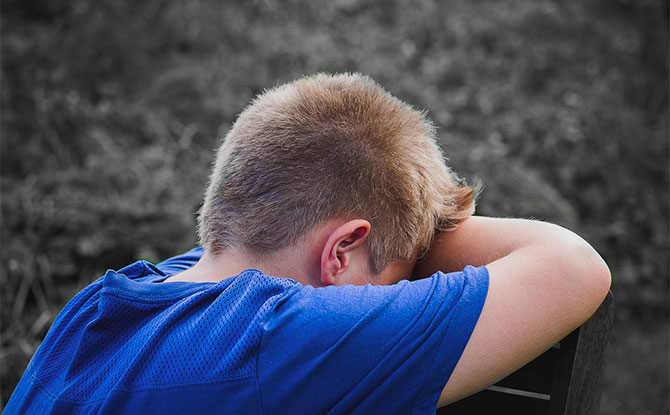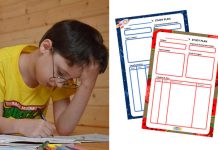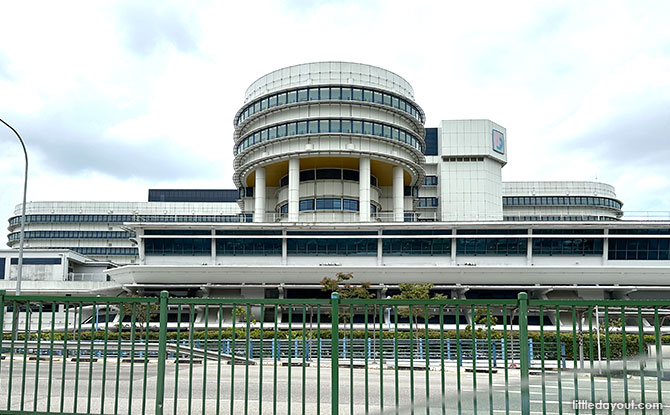
Bedwetting in children can be a cause of great anxiety for parents who don’t know its cause and how to seek treatment. After all, isn’t it something that kids are supposed to grow out of?
We ask Dr Jenny Tang, Senior Consultant Paediatrician at SBCC Baby & Child Clinic (Asthma, Lung, Sleep, Allergy & Paediatric Centre), about bedwetting in children and when it is time to seek help.
Bedwetting in Children
1. What are the causes of bedwetting?
Dr Jenny: As each child matures at a different pace different children achieve bladder control and stop bedwetting at different ages.
- Various factors may play a role in bedwetting beyond the expected age of bladder control: Family history of bed-wetting
- A small bladder
- A deep sleeper
- Stress and anxiety
- Underlying medical problem such as:
- Chronic constipation
- Urinary tract infection
- OSA
- Attention-deficit hyperactivity disorder (ADHD)
- Anti-diuretic hormone (ADH), a hormone that reduces urine production at night deficiency
- Diabetes
- Kidney problems
2. At what age should I be concerned about my child bed-wetting?
Dr Jenny: Many children are dry by night at the age of five and most by age of seven. Frequent bedwetting beyond the age of 7 will benefit from a medical review to exclude an underlying cause.
Year-end Holiday Camps: Discover Fun and Exciting Camps for Kids; Book Early
Dec Fun: Get the Best Ideas for the School Holidays
3. Are there home remedies or ways that I can help my child with his or her bedwetting problem?
Dr Jenny: Some ways include:
- Manage stress and anxiety, if any
- Limit fluids in the evening especially one to two hours before bedtime
- Avoid beverages and foods with caffeine especially in the evening
- Encourage double voiding before bed – urinating at the start of bedtime routine and just before lights out
- Encourage regular toilet use throughout the day and use a night light for easy access to bathroom at night
- Plan for easy clean up – use water proof mattress protectors, thick absorbent underwear, keep extra bedding and change of pyjamas at hand
- Keep a bedwetting calendar and celebrate success and effort
4. Are there medical treatment options for bedwetting in children?
Dr Jenny: Most children outgrow bedwetting on their own or with treatment of associated underlying medical condition.
If treatment is needed the following can be considered:
- Moisture alarms – these are small, battery-operated devices connected to a moisture-sensitive pad on the child’s pyjamas or bedding. The alarm goes off when it senses moisture to help the child wake, stop the urine stream and get to the toilet. It often takes up to 16 weeks to achieve dry nights and is effective for many children with low relapse rate.
- Medication – oral tablets Desmopressin (DDAVP) are useful for reducing urine production at night and can be used for a short period of time to stop bed-wetting.
Addressing Questions about Bedwetting in Children
Thank you, Dr Jenny for helping to address these questions that parents have about bedwetting in children.



















